SYNergie
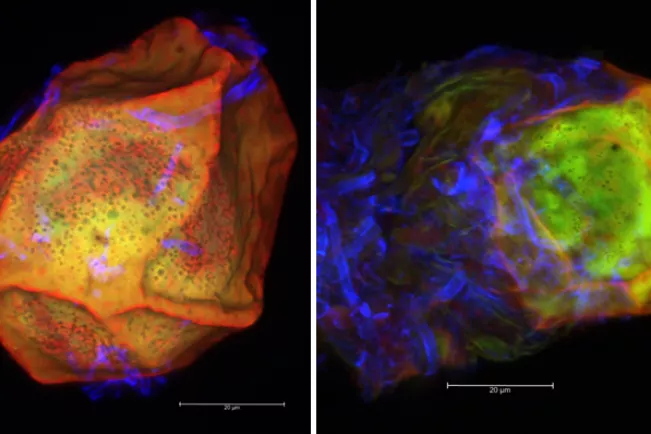
Research project at a glance
Departments and Instituts
Funding type
Period
15.06.2021 to 14.08.2024
Project Description
SYNergie is a joint project with the Julius Kühn Institute (JKI) and the Osnabrück University of Applied Sciences and is funded by the German Federal Ministry of Food and Agriculture (BMEL). The aim of the project is the detection and inactivation of the potato fungus Synchytrium endobioticum (SE). This fungus uses potato plants as a host plant and triggers the so-called potato wart disease. Due to the formation of very resistant permanent sori (encapsulated spores) in the soil, which last up to 46 years, Synchytrium endobioticum has been classified as a quarantine pest and infested areas must be closed. In order to avoid immense crop losses over many years, both the development of a process to inactivate the permanent sori and the early detection of infected plants are crucial. The Bonn-Rhein-Sieg University of Applied Sciences is working on the development of such a detection method based on the emitted airborne chemical substances.
Plants emit a variety of volatile organic compounds (VOCs). Various research studies have shown that when plants are damaged or stressed, for example by changes in environmental conditions, diseases or pest infestations, the intensity and composition of the emitted VOCs changes to either counteract these hazards or trigger protective mechanisms in plants in the environment.
The emission of specific VOCs from Synchytrium endobioticum or its diseased host plant will be used to detect the disease at an early stage and prevent its spread. The VOC profiles of healthy plants and plants infected with Synchytrium endobioticum are analysed using the instrumental analytical method of gas chromatography-mass spectrometry coupled with a thermodesorption inlet system (TD-GC/MS) as well as real-time analysis by means of proton transfer reaction time-of-flight mass spectrometry (PTR-ToF-MS). The identification of specific VOC profiles will be applied to differentiate between the two conditions. The elucidation of VOC emission will initially be carried out under laboratory conditions. Confirmation of the VOCs will be carried out in a second step, ideally in the field. By using chemometric procedures, including Principal Component Analysis (PCA), Linear Discriminant Analysis (LDA), and/or AI methods, an automated procedure for the evaluation of the chromatograms obtained will also be developed.
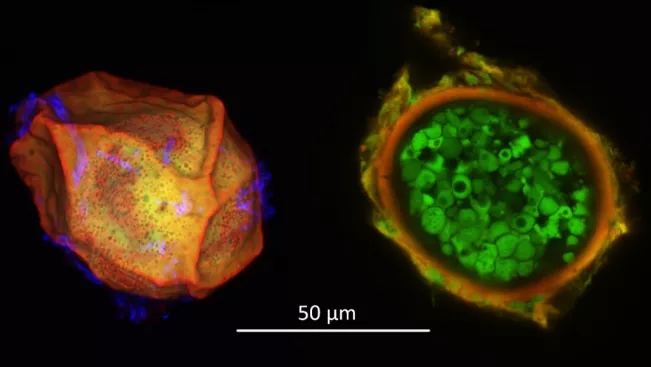
Furthermore, permanent sori of Synchytrium endobioticum are to be examined with the help of a Raman microscope. The spectroscopic data obtained from this will then be used to distinguish between viable and non-viable sori. This is also done by applying chemometric methods, which can reduce the dimensionality of the spectra and thus make it possible to work out suitable characteristic classifications.
Cooperation partners
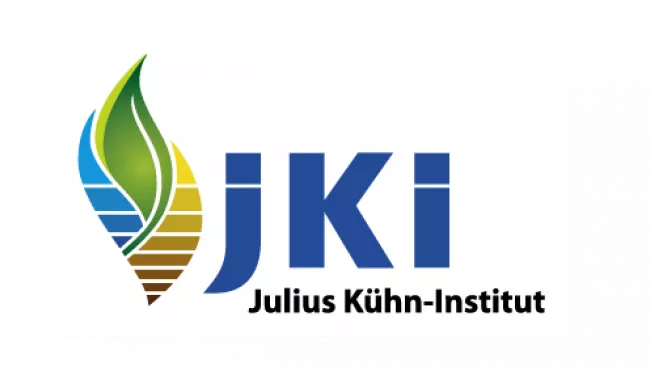
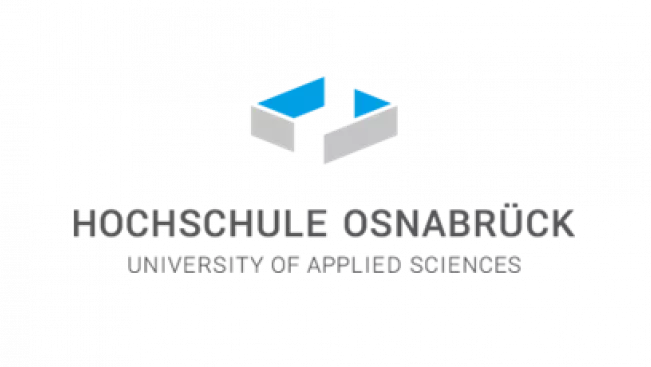
Sponsors
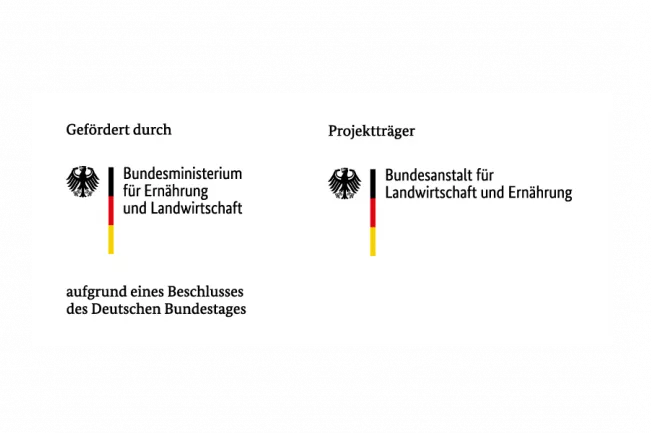
The project is funded by the Federal Ministry of Food and Agriculture (BMEL) and the Federal Agency for Agriculture and Food (BLE).
Funding code: BMELV 28A8705C10

